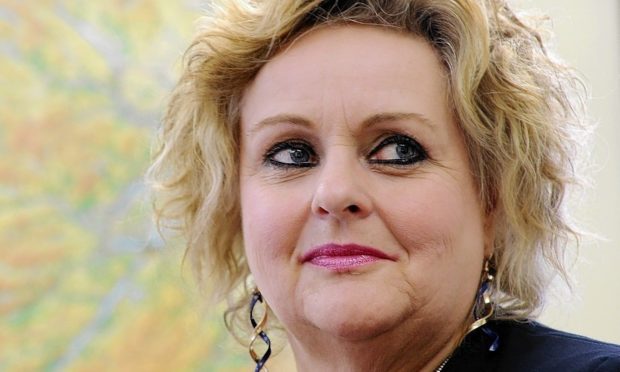Highland councillors yesterday agreed to press the Scottish Government to include legislation for a tourist tax in future programmes.
Tourism committee councillors heard that the Transient Visitor Levy Bill, due to be introduced last Easter, was paused due to the pandemic, and has not been included in the current programme for government.
There are only six months left in this government’s term of office before the elections in May 2021.
The councillors agreed that tourism chairwoman Maxine Smith write to the government for clarity.
Mrs Smith said: “We are fully aware of the pressures that all tourism and hospitality businesses are currently under due to the coronavirus pandemic, so what we are asking the Scottish Government to do is clarify their long-term future position in years to come for the Transient Visitor Levy.
“I stress, we are forward thinking – we are not asking for this to be introduced now or anywhere in the near future – but if we want to be able to invest in tourism infrastructure in many years to come we need to have a means to do this going forward.
“If tourism wants to continue with its expansion post-Covid, at some point in the future years there needs to be a direct income to allow us to invest massively, whether this is from a tourist tax or a direct fund from either government.”
Lochaber councillor Denis Rixson supported the move, but advised ‘a great deal of thought’ in writing the letter.
He said: “My gut reaction is that there is nothing wrong with forward thinking, but we do have to be very careful at this particular moment.
“In the tourist industry people are on their knees.
“Their first income may not be until Easter next year.
“We need to think again about what we want to tax, and how we want to tax it.
“The ground is shifting within the tourism industry more dramatically than it has for years.”
The committee also agreed to write to the UK Government to ask for a permanent reduction in VAT to boost the hospitality and tourism sectors for the next few years.
In July, VAT on food, accommodation and attractions was cut from 20% to 5%.
Council convener Bill Lobban said the reduction in VAT had produced a more level playing field with Europe.
